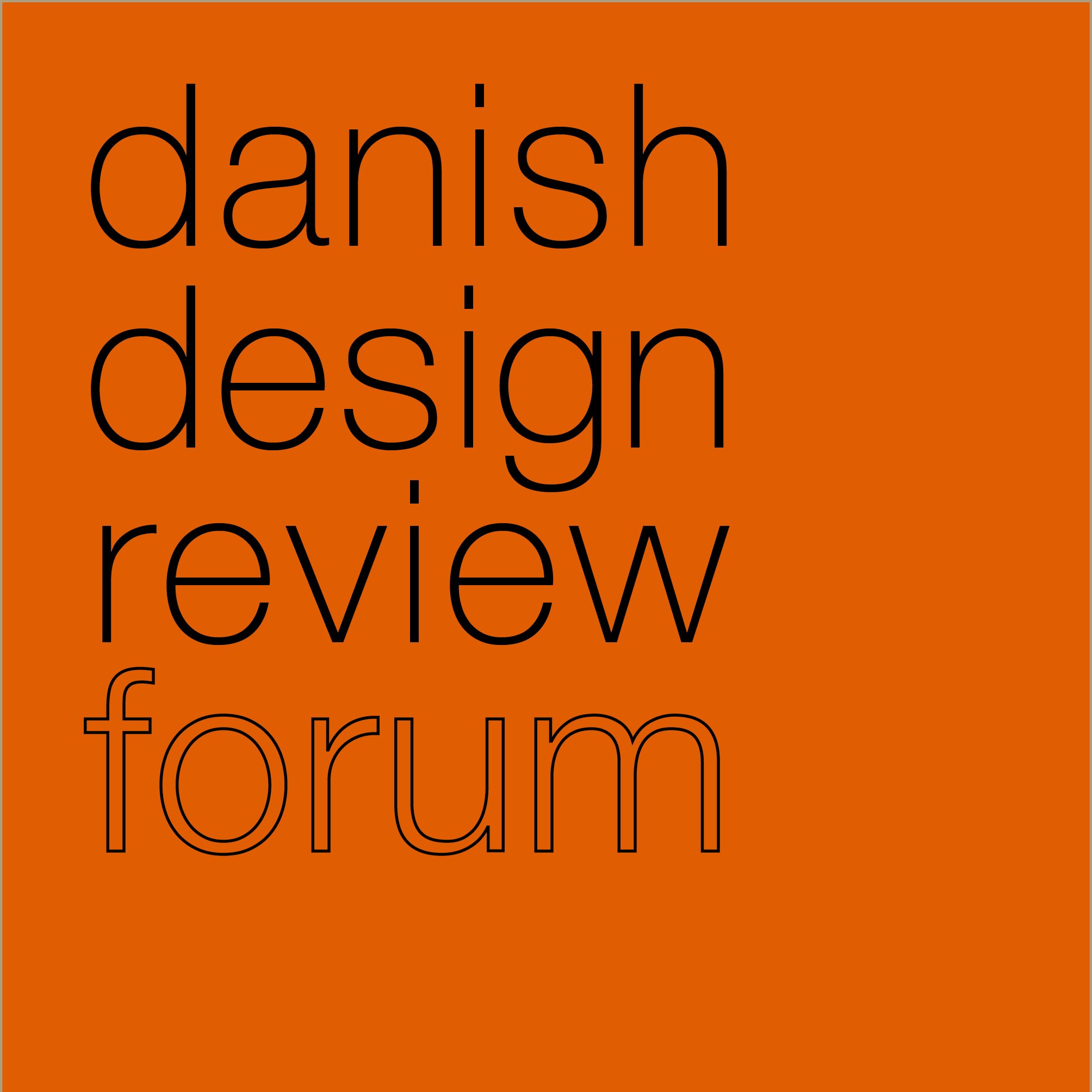World Happiness Report 2022
/The first World Happiness Report was published in 2012 so the report this year marks a tenth anniversary.
Data for the report is gathered by Gallup World Poll and then drawn together by independent editorial panels.
The report is now based at the Center for Sustainable Development (CSD) at Columbia University.
It’s possible that the title is taken by some to suggest that the conclusions are looking at general truths that are somehow more trivial than axioms that measure any ranking of countries by wealth or power or other economic criteria but that would be a world where big is better and a world where politicians and governments make value judgements about success, as they see it, rather than looking critically at the consequences of their policies as they have an impact - for good or ill - on the everyday lives of the people of each country.
The relevance and the influence of these reports, means that happiness is now seen as a new economic paradigm.
There are six main factors considered in drawing up the tables …… the GDP per capita of each country; the levels of possible social support; the expectation people have to live a healthy life; a judgement of their freedom to make life choices; the level of generosity and, finally, people’s perception of levels of corruption in both the government and in business.
Positive effects were judged by individuals as ‘measures of laughter, enjoyment and doing or learning something interesting’ and a negative affect was determined by a measure of 'worry, sadness, and anger.'
Chapter headings for the report this year indicate new priorities that have been dictated by a global pandemic that has lasted for longer and has had a much greater impact than politicians anticipated.
The headings for the sections of the report are ……
Overview
Happiness, Benevolence, and Trust During Covid-19 and Beyond
Trends in Conceptions of Progress and Well-being
Using Social Media Data to Capture Emotions Before and During Covid-19
Exploring the Biological Basis for Happiness
Insights from the First Global Survey of Balance and Harmony
League tables can be invidious but assessing which countries have improved and which have dropped down through the table and the reasons for that are clearly significant.
If you look at the table, Finland is yet again at the top as the happiest nation but, also significant, the Nordic nations occupy five of the top eight places.
These are relatively small countries that are, in broad terms, wealthy but with relatively small and certainly less-obvious gaps between the wealthiest citizens and the poorest. They are countries with a high level of trust in their governments and they are countries that, through deliberate political decisions, invest in high-quality education at all levels and in the best possible health care.
Above all, I feel, they are countries that have a quiet self confidence.
Two years after I moved to Denmark, the Brexit referendum came along, and, inevitably, I got into conversations with Danes who were intrigued and generally surprised about what was happening in the UK. One director of a design company, pointed out that “Denmark learned, long ago, how to be a small country.” Clearly, he did not mean that Denmark has learnt how to be subservient but that, like the citizens of other Nordic countries, Danes know that they just has to get on with everything, good or bad, because, for the big nations, what Denmark does or does not do is not a priority. What he was implying, of course, was that to make Brexit a success then England still has to learn how to be a small country.
Before moving here, to write about design, I visited four capitals, starting with Helsinki, because I wanted to meet designers and see the latest architecture so I was clear in my own mind what defined the separate characteristics of design in each country. I had last been to Finland in the 1970s when I thought that it was the gloomiest and the most inward looking of the Nordic countries so the transition I saw was amazing. Everyone that I spoke to was incredibly open about their work and clearly pleased that I was there to look for myself to see what they are doing but there was a clear sense that they were not that worried if foreigners approved or not. That was not indifference but a very firm but a quiet sense of self confidence.
So, maybe, that is another definition of happiness in a country …. that a majority of people feel both content and confident in themselves and in their future.
with 146 countries assessed,
the top ten countries in 2022 were:
Finland
Denmark
Iceland
Switzerland
Netherland
Luxembourg
Sweden
Norway
Israel
New Zealand
note:
the gaps between these countries at the top of the table are small when compared with the much larger gaps between the countries who were ranked at the bottom of the table








































